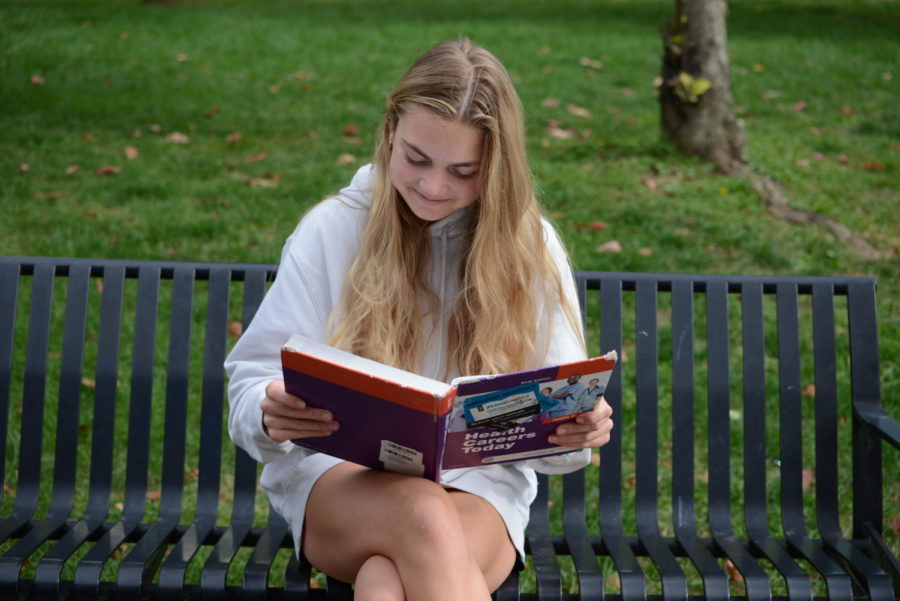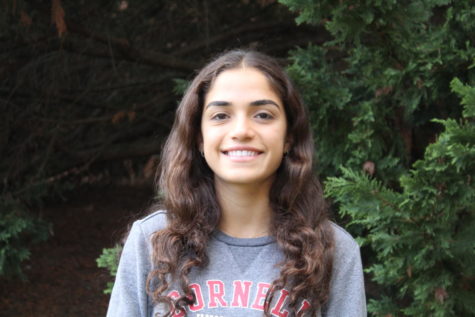By Julia Harris, Staff Reporter
When then-juniors applied for Allied Health last spring, they pictured themselves getting an exclusive peek at a hospital behind closed doors.
The program, according to the Program of Studies, “exposes academically talented students to the numerous health careers available today.” It also promises a combination of in-person clinical and classroom experience to prepare students for future careers in the healthcare industry.
For many, however, that narrative quickly shifted when they began classes this September.
“Now, it seems like maybe I’m not guaranteed what I signed up for, which was 7.5 hours per week of clinical rotations. They still promote that in the program like we are going to do it, but it seems like you have to be the best in the class in order to get it,” said Michael Levin, a senior enrolled in Allied Health.
In years past, every student was guaranteed hospital experience for clinical rotations. Now, the program will only take the top 10 scorers on program-specific tests out of the 17 enrolled students. Allied Health clinical rotations are offered at the Phoenixville and Paoli Hospitals, but the competition is only occurring at the Phoenixville location due to a lack of available spots for students in the hospital.
“With more students looking to go into Allied Health professions when they finish high school and start their college careers, spots become limited,” said Florence Batton, an Allied Health teacher. “This is also seen at the college level: as more students apply for Allied Health professions, their acceptance process becomes more competitive.”
From October 3-15, the top students got to participate in clinical rotations. Before then, all 17 students had to be in the classroom every morning at 7:30 at the Technical College High School Pickering Campus. Once the top 10 students moved to the hospital, the remaining seven had to sign on to watch the rotations virtually, through Zoom.
Senior Chaitanya Krishna joined Allied Health after hearing positive reviews from friends who participated in the program in years past. When he learned of this year’s competitiveness, he was worried about the increased stress it could cause him.
“I was a bit concerned because basically everything mattered,” Krishna said. “You have to be on top of everything, every day, and you can’t come late or you will lose clinical days. I guess it’s preparing us in a way for how the real medical field will be.”
Lucky for students, the initial “top group” is not permanent. Students will be able to cycle through clinical experience if they get their grades up and demonstrate a commitment to the course through attendance and punctuality. Although competition has been an unexpected barrier for many students, it has also become a motivator to work hard and get the best grades possible.
“If people want to do (Allied Health), they should know that it’s going to be tough and take up a lot of time. But if you’re really interested, you shouldn’t shy away from it because it’s too competitive. I think there will always be a way,” Krishna said. “She (Ms. Batten) says if you put in the effort and you’re a good student, she’ll make sure you do get clinical days.”
Julia Harris can be reached at [email protected].






















































































